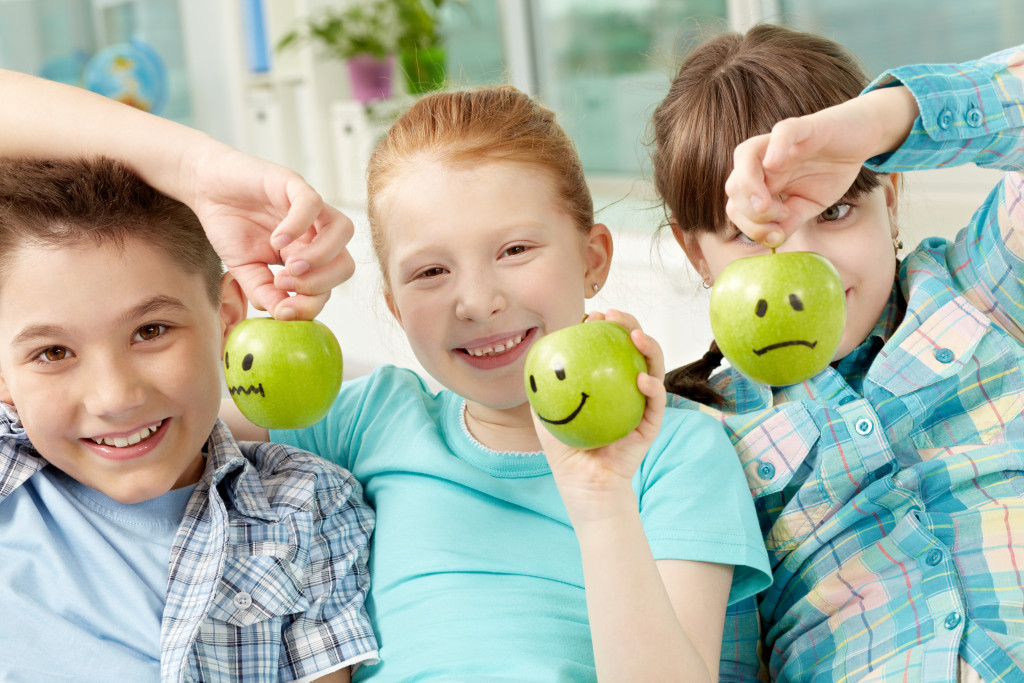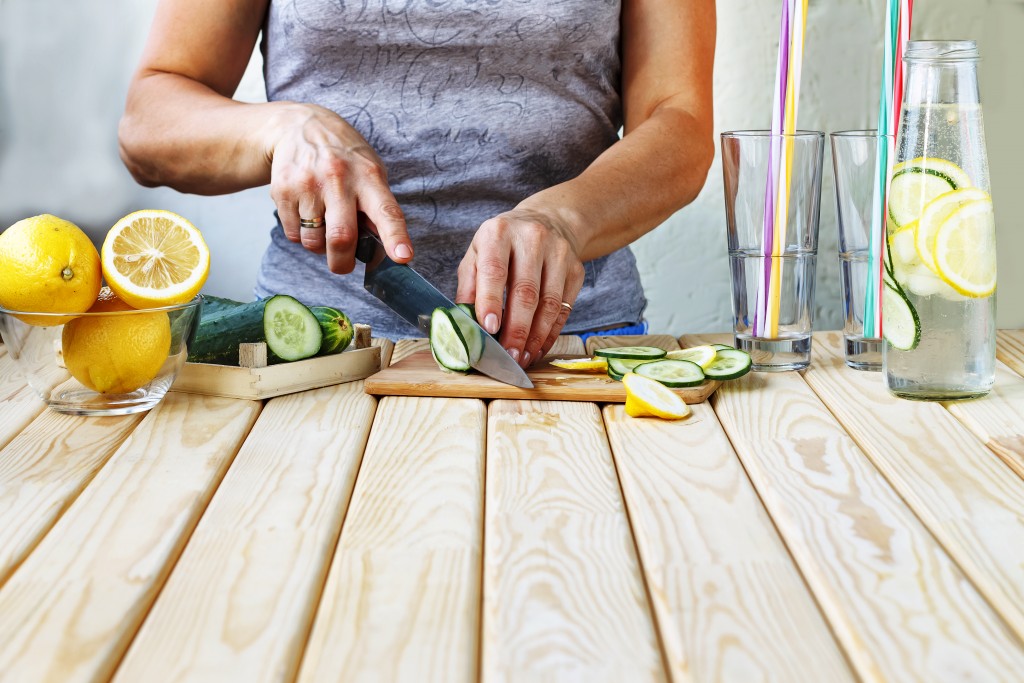Parenthood is a full-time job without vacation leaves or breaks. But even if it can be a handful at times, being able to witness a small child grow into a healthy adult because of your guidance can be a miracle in itself. So, don’t be too harsh on yourself and follow these tips to help your child grow up healthily:
1. Take Recommended Vaccine Shots
Although the human body is naturally resilient against most illnesses, certain diseases require an extra measure of protection through vaccines. These can make the body immune to the virus or help it build tolerance so the impact of the diseases won’t be as severe as it would be without the vaccine.
Vaccines are given to children at different ages, which is why it’s important to follow the recommended schedule set by your child’s doctor. This can include shots for chickenpox, measles, polio, rotavirus, hepatitis A and B, human papillomavirus (HPV), and influenza, to name a few.
2. Be Wary of Allergens and Triggers
Much like most health conditions, it can be hard to diagnose an allergy without the symptoms. That’s why you have to be wary of your child’s reaction to certain food groups and potential allergens because that’s the only way to rule out their allergies. Or better yet, you can get them to take allergy tests for children once you suspect anything out of the ordinary.
By being proactive when it comes to your child’s safety, you can make sure that they never get a severe allergic reaction like anaphylaxis because of an oversight. Once you have an allergy diagnosis, be sure to follow the recommended treatment plan and medication to give your child a normal childhood.
3. Practice Clean Eating from the Start
Unhealthy eating habits are difficult to break, which is why it’s important to make sure that you’re teaching your kid to eat clean and healthy from the get-go. Although it can be hard to prepare nutritious food all the time, it’s crucial to the health and safety of your child. Plus, it can be good for you too.
So, while your kid is still young enough not to know what kind of food they like and dislike, aim to provide them with a holistic palate. And try to stay away from junk food, fast food, processed goods, or other unhealthy food products. Instead, introduce them to whole grains, fruits and vegetables, lean meats, and healthier snack options.

4. Minimize Exposure to Blue Light
A lot of parents tend to resort to watching kids’ shows when they need a break from being a parent or even just to distract their children momentarily. While this isn’t bad per se, it can be harmful when you continuously use technology and screens to keep your child occupied because you’re exposing them to blue light.
In adulthood, it’s getting harder and harder to avoid too much screen time, especially because most jobs depend on computer screens. So, the least you can do is protect your child from that for as long as you can by finding better alternatives to distract them with. For example, you can buy more interactive toys or equipment that can help you do the job without unnecessary blue light exposure.
5. Avoid Harmful Chemical Cleaners
Even if your child isn’t in the surroundings when you’re using chemical cleaners to scrub your kitchen or get rid of stains in the laundry, their residue can affect your child’s health. For instance, if you’re using laundry detergent with harsh chemicals to wash your child’s clothes, then your child’s skin will come into contact with the residual chemicals on their clothes.
The same thing can happen if you use dishwashing soap with chemicals to wash your child’s milk bottles or cutlery, then your child can ingest whatever residue is on their bottles or spoon. That’s why it’s important to make sure that you’re only using baby-safe and natural cleaning products, which can also be good for your health too.
6. Provide Vitamins and Supplements
Healthy children don’t necessarily need vitamins and other supplements because their well-balanced diet can provide all the nutrition they need. However, if your child has a medical condition or a nutritional deficiency, then supplements may be a good move. But it must be recommended by your child’s doctor first.
Never give your child a vitamin or a supplement that you haven’t run by their doctor because it can negatively impact their health. If you’re worried that your child isn’t getting all the vitamins and minerals they need, then don’t hesitate to seek advice from a healthcare professional to ease your worries.
Being a parent is hard work because you’ll always be worried about your child’s safety and whether you’re providing everything they need. But while no one will be there to tell you if you’re doing something right or wrong, you have to trust your instincts because, at the end of the day, you’ll know what’s best for your child even if you do need some help here and there.




